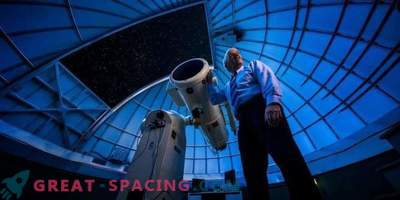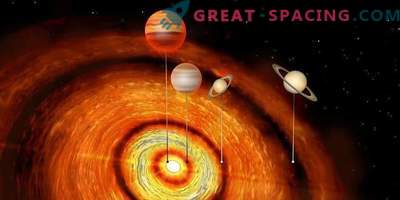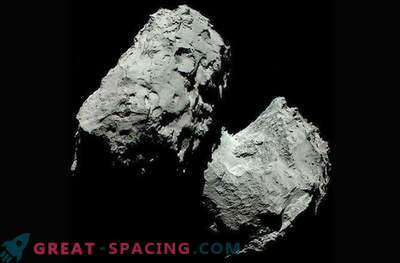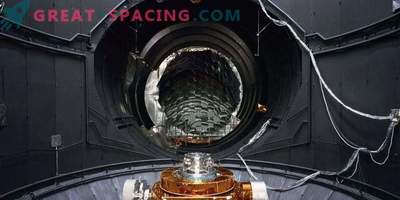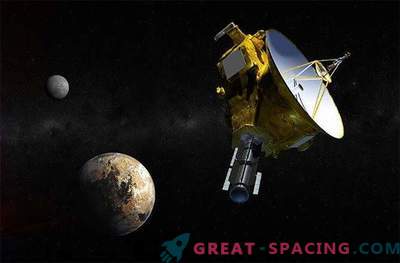
After the recent success of several Star Trek fan-projects funded exclusively by crowdsourcing, it is obvious that the franchise still enjoys the love of fans, even five decades after the release of the Star Trek TV series.
The fan of Star Trek: The Prelude of Axanar collected twice as much as planned, namely $ 526,260 for four episodes of the full-length tape. “For Spock's sake” - a documentary about the Star Trek Universe and Leonadre Nimoye, collected more than $ 660,000, it consists of original fragments of Nimoy's numerous projects. And “Star Trek: The Departed” was released on YouTube and since August has already gained more than half a million views.
Spin-off books like “The Women of Kirk” (more than $ 11,000) and the comic book “Chief O'Brien at Work,” overcoming the $ 50,000 mark, are selling well.
Moreover, modern technologies are approaching the point where fantastic devices from the franchise are beginning to become a reality.
We already have, for example, virtual reality glasses, similar to holographic cameras, and tablets, similar to those that Jean-Luc Picard used on the bridge of the Enterprise. 3D printing is becoming an industry comparable to the “replicators” shown in the “Next Generation”. Also, physics is now versed in quantum mechanisms that could have made warp engines a reality in the future. But can the success of Star Trek be explained by a love of science?
According to the physicist who advised the writers of Star Trek, no. In it, the plot defines science, and not vice versa.
“People are captured by the possibilities of the future depicted in Star Trek,” says Lawrence Krauss, a theoretical physicist at Arizona State University, known to fans for the book Star Trek Physics (1995). “It attracts people to the topics covered.”
“Some scientific calculations are mentioned in the series. For example, while working on a warp displacement, Mike Okuda (the graphic designer of the “Next Generation”) made a small excursion into quantum mechanics, ”Krauss says. But scientific consultants mainly focus on the fact that the dialogue on technical topics in the series looks believable - even if we are talking about a fantastic warp drive.
“One of the reasons for the Star Trek renaissance is talking about sending a man to Mars,” added Krauss, be it a one-way flight, like Mars-1, or a fictional journey like Andy Weir's Martian.
But Krauss believes that so far all this is far from reality, at least now. “Space is extremely costly and dangerous, and nothing can be done about it,” he says.


















